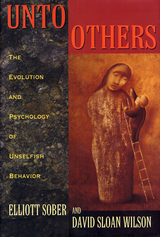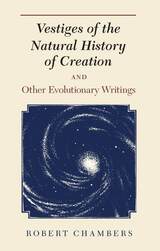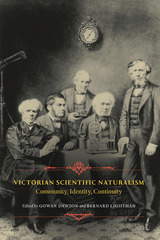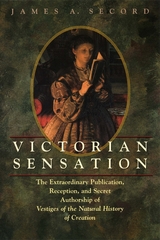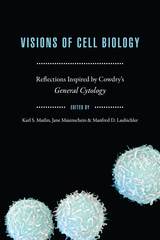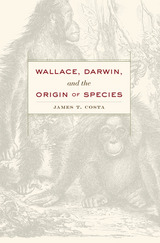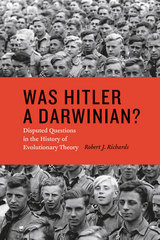Richard Strauss: New Perspectives on the Composer and His Work
Duke University Press, 1997
Paper: 978-0-8223-2114-9
See other books on: Classical | Composer | Gilliam, Bryan | His Work | New Perspectives
See other titles from Duke University Press
Paper: 978-0-8223-2114-9
ABOUT THIS BOOK | AUTHOR BIOGRAPHY | TOC
ABOUT THIS BOOK
As we approach the fiftieth anniversary of Richard Stauss’s death, scholarly interest in the composer continues to grow. Despite what was once a tendency by musicologists to overlook or deny Strauss’s importance, these essays firmly place the German composer in the musical mainstream and situate him among the most influential composers of the late nineteenth and early twentieth centuries. Originally published in 1992, this volume examines Strauss’s life and work from a number of approaches and during various periods of his long career, opening up unique corridors of insight into a crucial time in German history.
Contributors discuss Strauss as a young composer steeped in a conservative instrumental tradition, as a brash young modernist tone poet of the 1890s, as an important composer of twentieth-century German opera, and as a cultural icon manipulated by the national socialists during the 1930s and early 1940s. Individual essays use Strauss’s creative work as a framework for larger musicological questions such as the tension between narrative and structure in program music, the problem of extended tonality at the turn of the century, stylistic choice versus stylistic obligation, and conflicting perspectives of progressive versus conservative music.
This collection will interest Strauss scholars, musicologists, and those interested in the artistic and cultural life of Germany from 1880 through the Second World War.
Contributors discuss Strauss as a young composer steeped in a conservative instrumental tradition, as a brash young modernist tone poet of the 1890s, as an important composer of twentieth-century German opera, and as a cultural icon manipulated by the national socialists during the 1930s and early 1940s. Individual essays use Strauss’s creative work as a framework for larger musicological questions such as the tension between narrative and structure in program music, the problem of extended tonality at the turn of the century, stylistic choice versus stylistic obligation, and conflicting perspectives of progressive versus conservative music.
This collection will interest Strauss scholars, musicologists, and those interested in the artistic and cultural life of Germany from 1880 through the Second World War.
Contributors. Kofi Agawu, Günter Brosche, Bryan Gilliam, Stephen Hefling, James A. Hepokoski, Timothy L. Jackson, Michael Kennedy, Lewis Lockwood, Barbara A. Peterson, Pamela Potter, Reinhold Schlötterer, R. Larry Todd
See other books on: Classical | Composer | Gilliam, Bryan | His Work | New Perspectives
See other titles from Duke University Press

